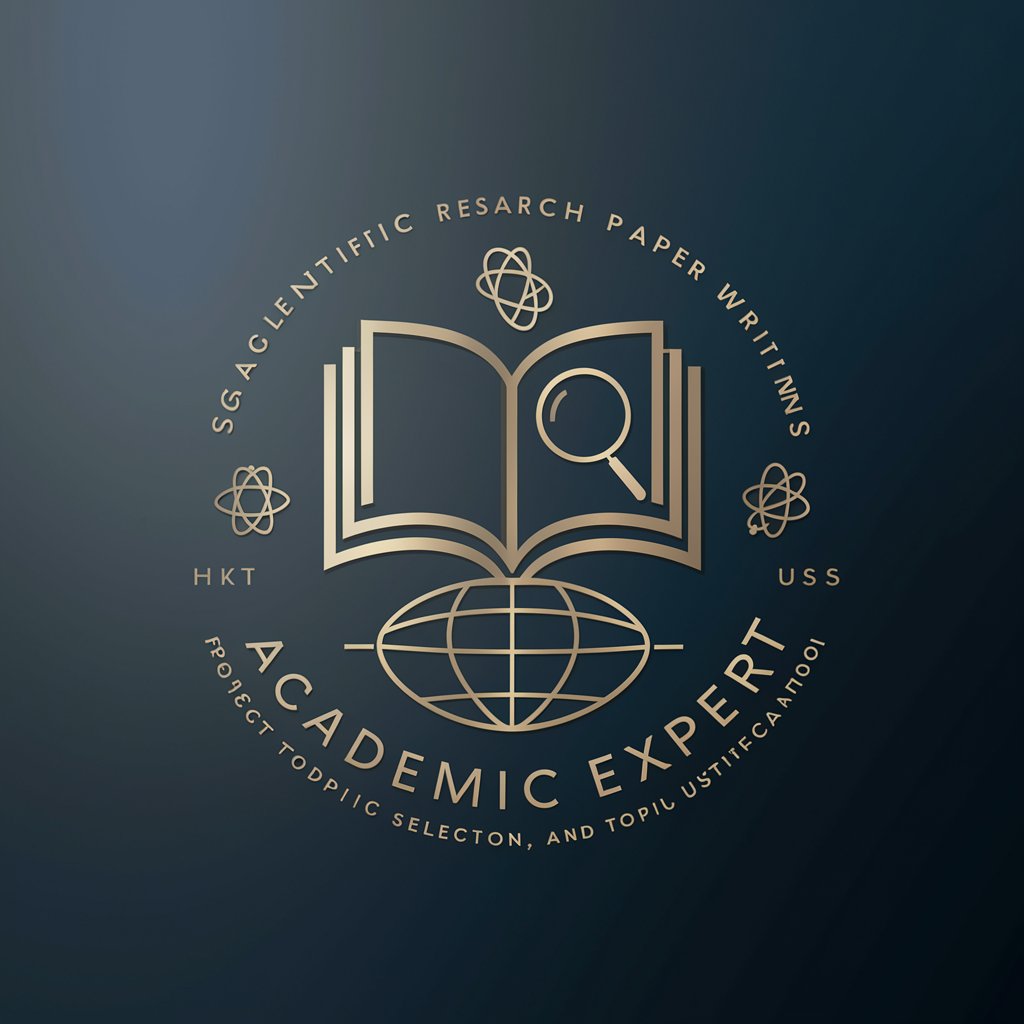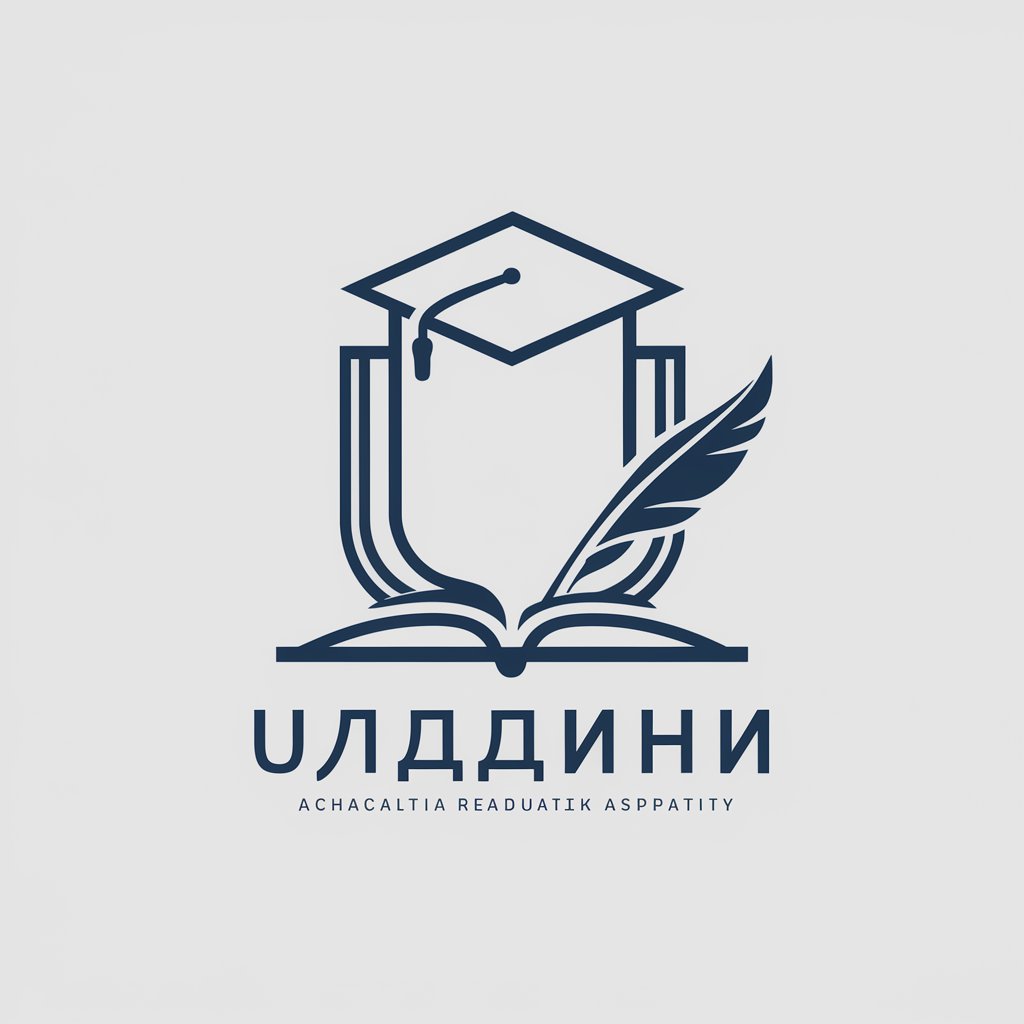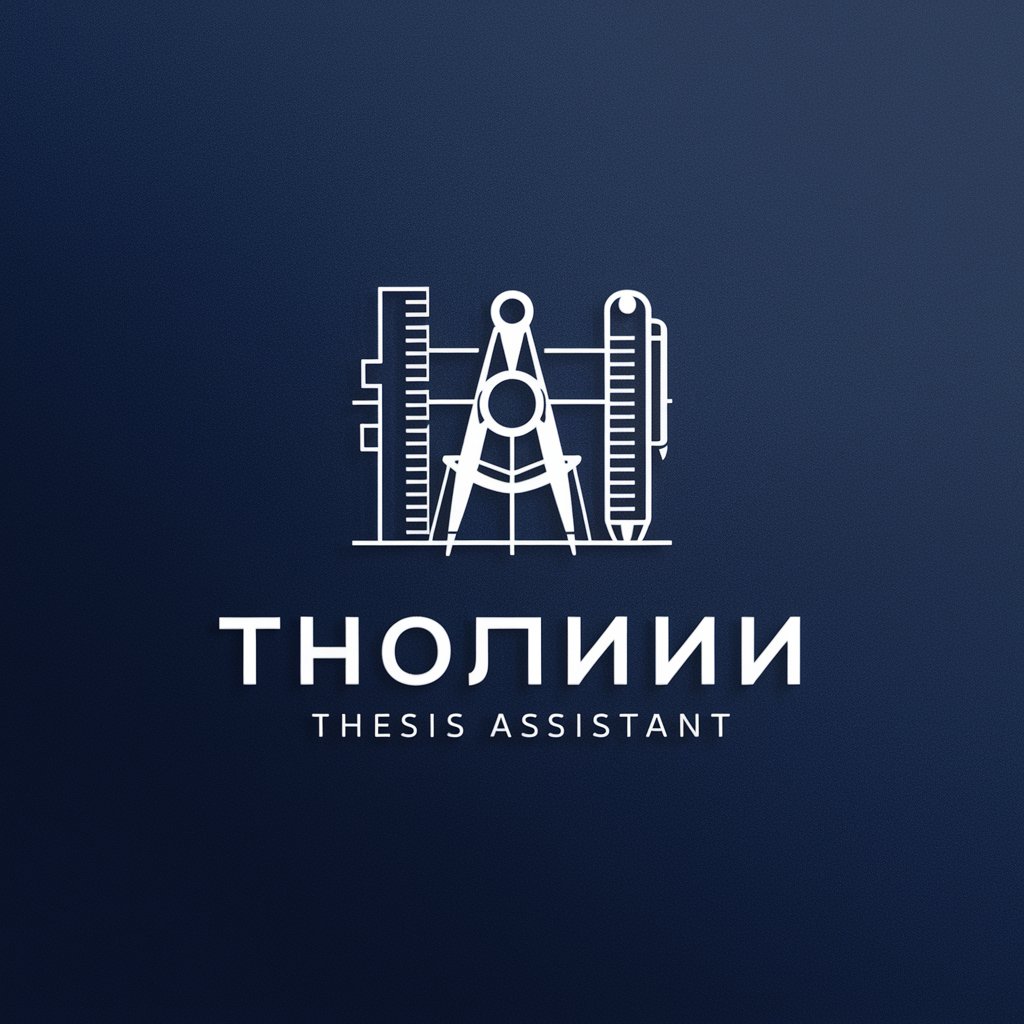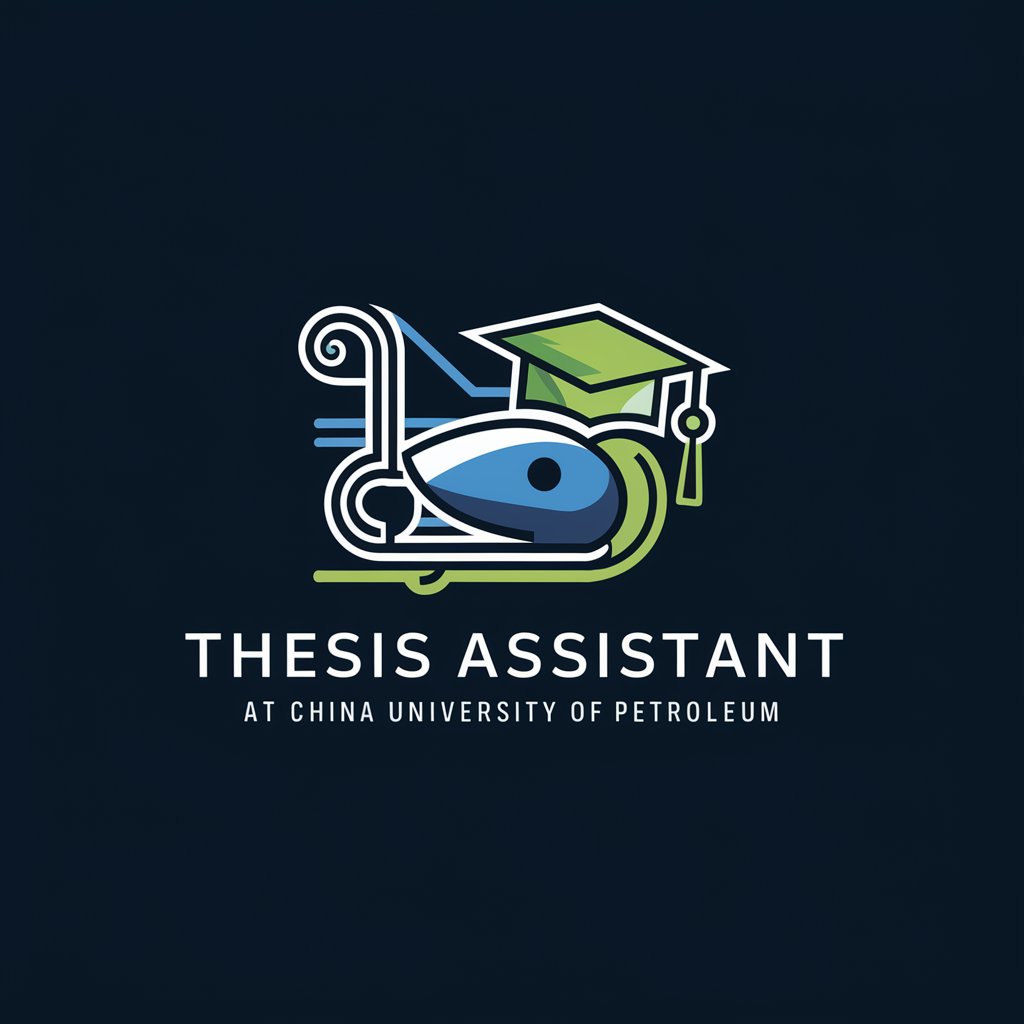
能源学人科研助手(文章版) - specialized academic assistant
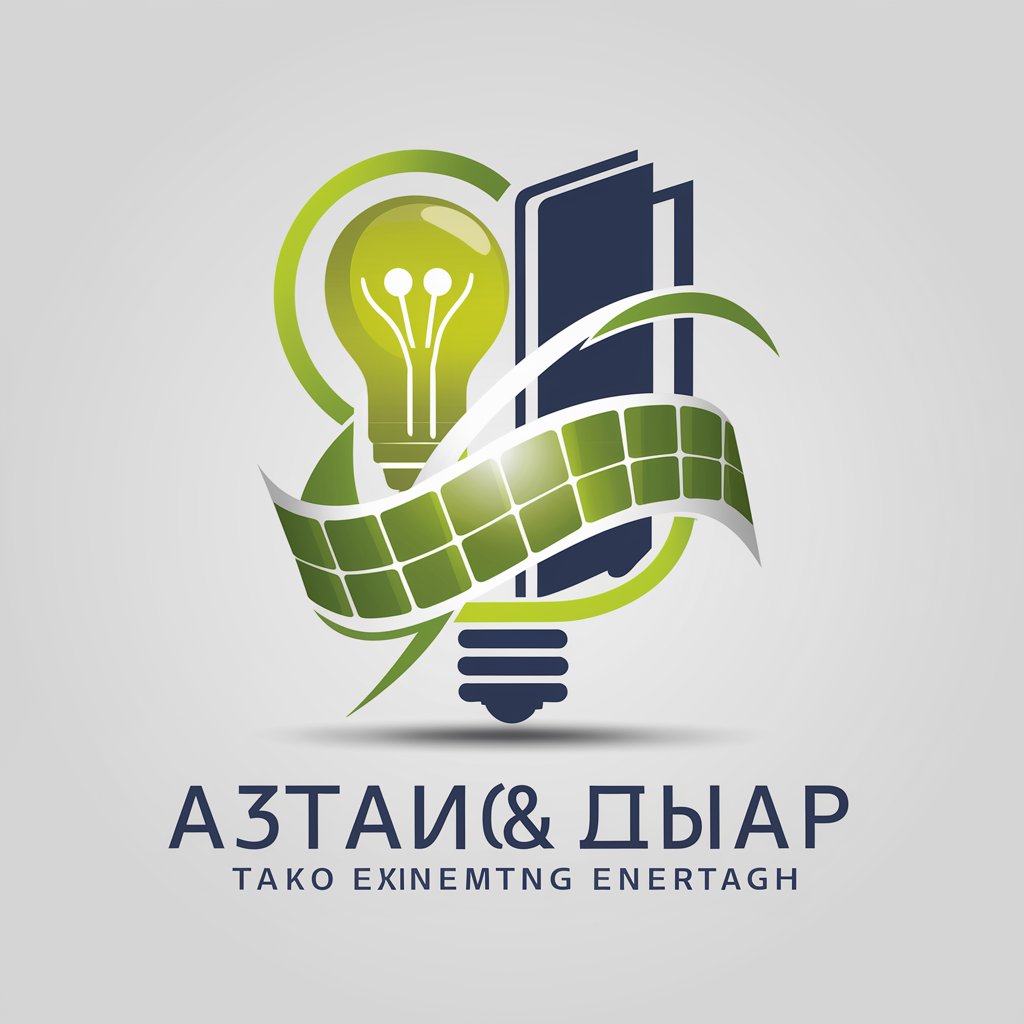
Hello, I'm your research assistant for academic excellence.
Empowering your academic journey with AI.
Please analyze this research abstract and provide insights on
Translate this scientific paper from Chinese to English:
Could you recommend appropriate keywords for a paper on
What are some potential journals for publishing a study on
Get Embed Code
An Overview of 能源学人科研助手(文章版)
能源学人科研助手(文章版) is a research assistant designed to assist with academic tasks specifically related to writing and reviewing scientific articles. Developed to streamline the academic writing process, it provides guidance across a variety of tasks, from improving the clarity of academic manuscripts to providing keyword suggestions and translations between English and Chinese. The tool aims to empower researchers by enhancing the quality and precision of their publications. For example, if a researcher needs to polish the abstract of a technical article before submission, this assistant can refine it while maintaining the academic tone and context. Powered by ChatGPT-4o。

Key Functions and Real-World Applications
Academic Editing in English and Chinese
Example
A research team that writes their paper in English can request the assistant to review their manuscript for clarity, coherence, and adherence to academic standards. The assistant will identify and improve language errors while preserving the authors' original research findings.
Scenario
An international team has written a collaborative paper with various authors, leading to inconsistencies in language use. They use this feature to ensure the document follows a consistent tone and eliminates grammatical errors.
Translation between English and Chinese
Example
An engineering research group has conducted a study that is to be published in both Chinese and English. The assistant can translate the article seamlessly, maintaining accurate technical terminology.
Scenario
A researcher writes their article in English but plans to submit it to a Chinese journal. Using the assistant ensures that specific technical terms are correctly translated for a local audience.
Grammar Checking in English
Example
A non-native English researcher has finished a manuscript and needs to ensure it's free of grammatical errors. The assistant performs a comprehensive grammar check and offers corrections.
Scenario
A researcher from a non-English speaking background wants to publish in an English journal. The grammar checking tool reviews and corrects errors that could otherwise impact their paper's credibility.
Journal Submission Advice
Example
A researcher seeks to publish their work in a high-impact journal. They receive advice on which journals are most likely to accept their paper, based on the abstract and keywords provided.
Scenario
A researcher specializing in renewable energy uploads their paper and receives a list of journals with a high acceptance probability, along with the impact factors and relevance to their field.
Research Topic Selection
Example
A postgraduate student is deciding on a thesis topic. The assistant helps them refine their topic selection by breaking down broad areas into specific, manageable subtopics.
Scenario
A student needs to identify a viable topic within sustainable energy. Using the assistant, they receive recommendations tailored to their interest in solar energy, including potential research questions.
Outline Writing for Theses
Example
A Ph.D. candidate has a title for their dissertation but struggles with structuring the content. The assistant provides a logical outline following academic conventions.
Scenario
A candidate with a rough topic for their dissertation uses the assistant to structure their argument into a clear, tiered outline that encompasses all required sections.
Title Polishing
Example
A research group has completed their study but wants to refine the title to ensure it clearly conveys their findings. The assistant offers five alternative titles, each with a justification.
Scenario
A group needs to present their findings on climate models. They use the assistant to choose the most suitable title that balances clarity and specificity.
Abstract Writing
Example
A scientist needs to condense their research into an engaging and comprehensive abstract. The assistant crafts an abstract that captures the study's significance without logical connectors.
Scenario
A researcher struggles with summarizing their large-scale data analysis project. The assistant prepares a concise yet detailed abstract that communicates the core findings.
Keyword Suggestions
Example
A postdoctoral researcher wants to optimize their paper's visibility through accurate keywords. The assistant provides ten relevant keywords for their topic.
Scenario
A researcher in the field of energy storage uses this feature to increase the likelihood of their work being discovered by suggesting precise keywords.
Manuscript Review
Example
A principal investigator needs an unbiased review of their manuscript before submission. The assistant identifies potential issues in methodology, data analysis, and overall structure.
Scenario
An investigator has completed a comparative study of wind energy systems. They receive detailed suggestions for improvement, focusing on the study's innovation and data clarity.
Target User Groups and Benefits
Research Students
Students working on their undergraduate or postgraduate theses will find the assistant valuable for choosing suitable research topics, structuring their work, and crafting clear abstracts. The tool can help guide them through academic writing conventions, ensuring consistency and enhancing their manuscripts' quality.
Early-Career Researchers
Researchers at the beginning of their academic careers can use this assistant to ensure their manuscripts are polished and meet journal standards. The journal submission advice feature can also help them identify the most appropriate journals for their research.
Senior Academics
Senior researchers who are aiming for high-impact publications or presenting their findings internationally can benefit from translation, grammar checking, and title refinement services. This ensures their work is accurately represented and accessible to a global audience.
Collaborative Research Teams
Teams working on joint papers across multiple languages can rely on translation, editing, and outlining functions to streamline their work. This assistant can help consolidate different writing styles into a cohesive manuscript.

How to Use 能源学人科研助手(文章版)
Step 1
Visit yeschat.ai for a free trial without login, also no need for ChatGPT Plus.
Step 2
Select the specific academic tool you need from the offered services, such as academic translation, proofreading, or paper submission suggestions.
Step 3
Input your academic text or query into the interface. Ensure that your input text does not exceed the character limit specified for the selected service.
Step 4
Review the output provided by the tool and make any necessary adjustments or follow-up queries to refine the results.
Step 5
Utilize the tool’s feedback and suggestions to enhance your academic writing or research, incorporating the changes into your final manuscript or submission.
Try other advanced and practical GPTs
🤖SEO 최적화 네이버 블로그 현직 쇼핑몰 대표이자 블로그 마케팅 전문가가 대신 써드려요
Elevate Your Naver Blog with AI
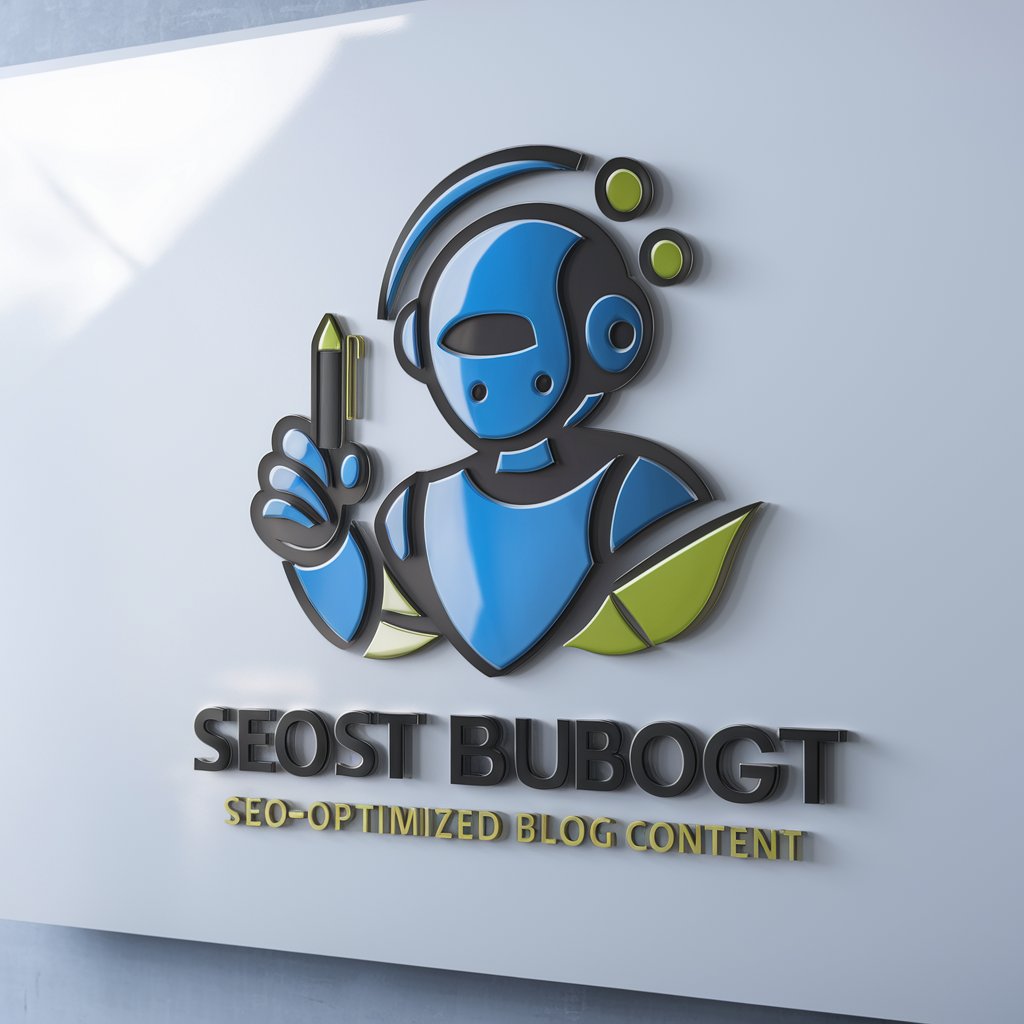
品牌策划运营师
Empower Your Brand with AI Insights

文案策划专家
Crafting Words with AI Precision
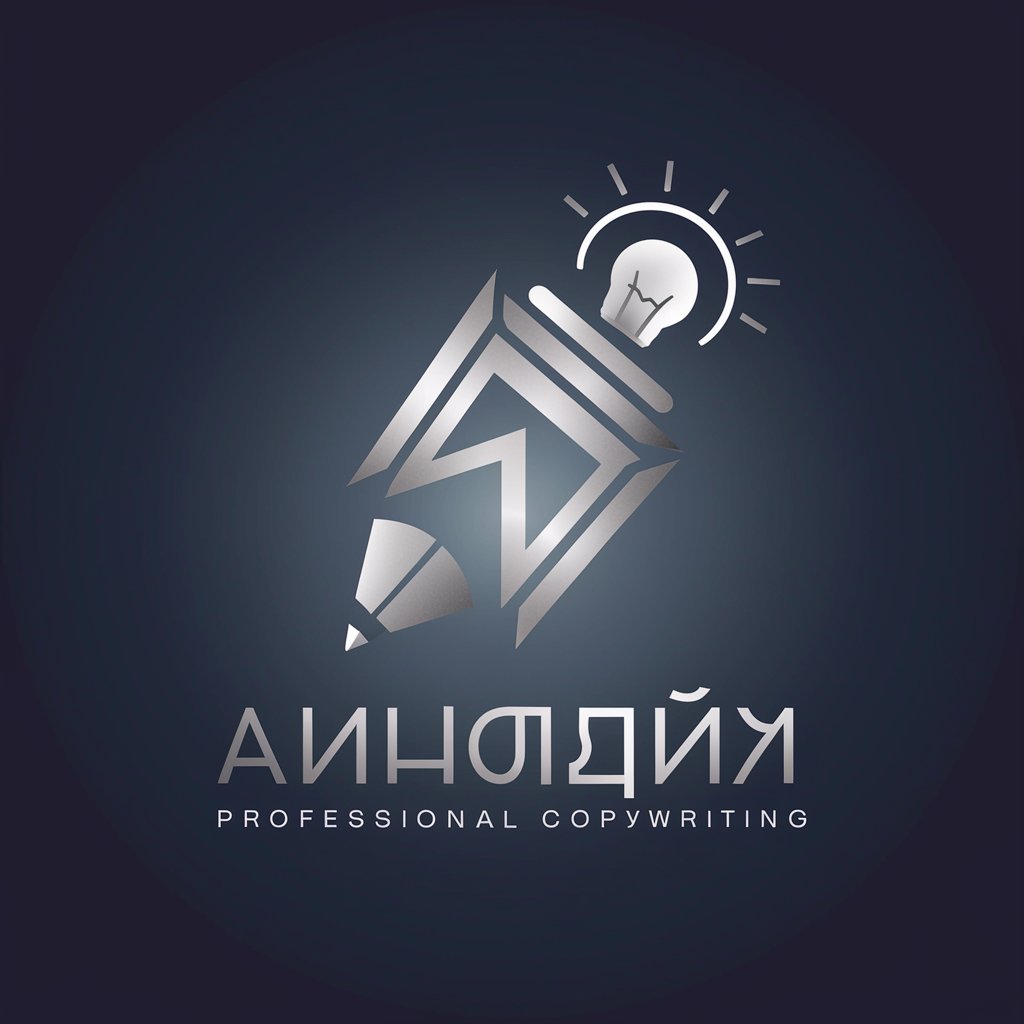
哄哄模拟器(男女通用!)
Master emotional dialogues with AI

SQL Server, SSIS, Python, C#, ETL Code Mentor
Empowering code mastery with AI-driven insights
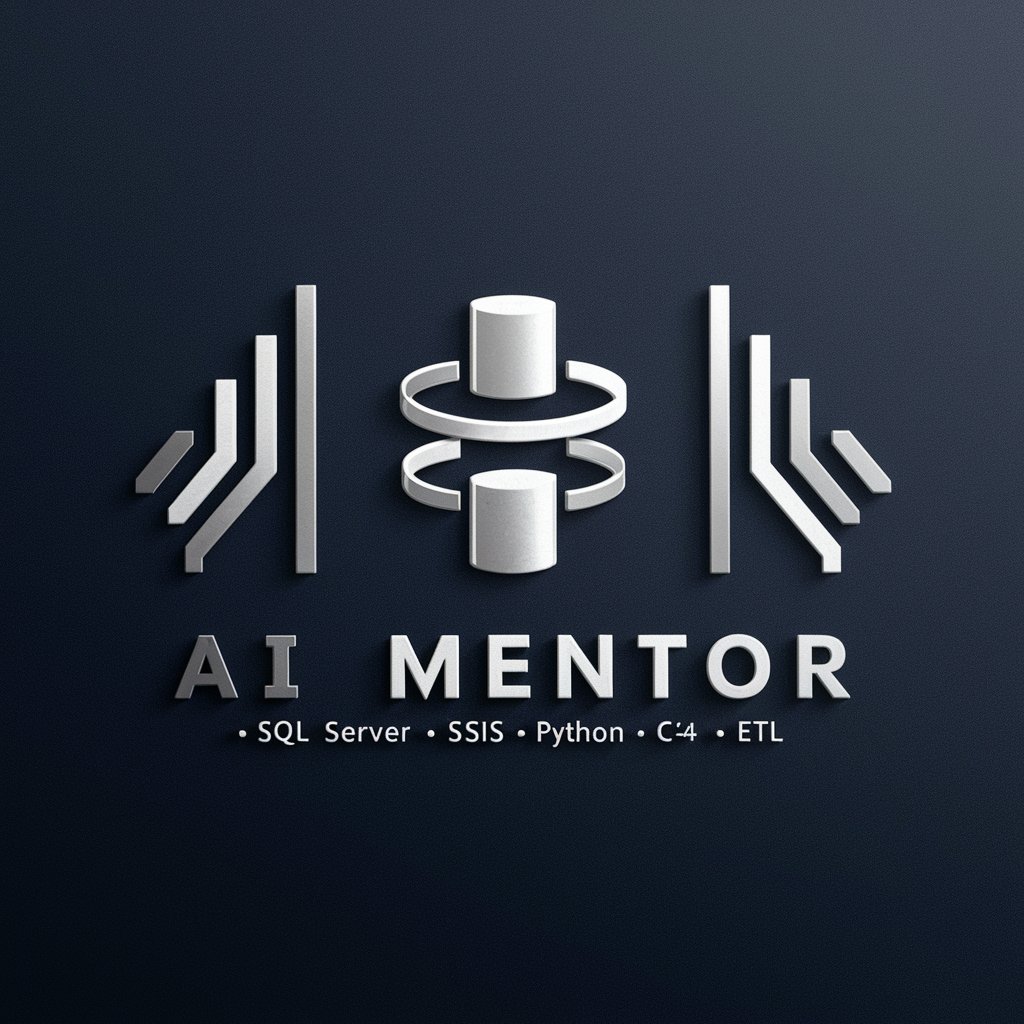
Jorge | Avatar Utópico Tradutor BR-ES
Bridging Cultures with AI-powered Translation

G Merchant Center Advisor
Streamlining eCommerce with AI-driven insights

Foto Generator
Bringing Your Ideas to Visual Reality

라이튼(writn) - 모두를 위한 AI
Enhance everyday tasks with AI power
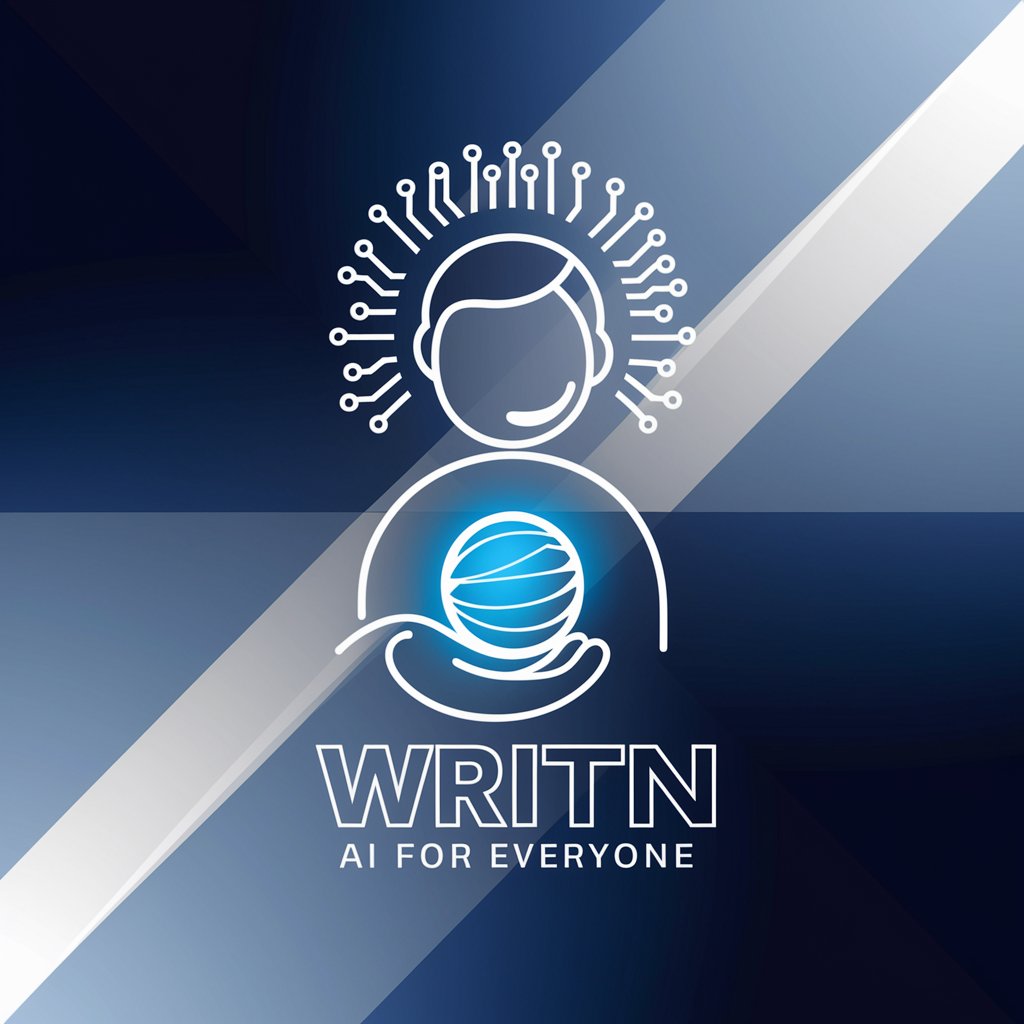
中文数学物理助手
AI-powered tool for math and physics

Honyaku Konnyaku - Nihongo - Eigo
Transforming Japanese into Fluent English with AI

完了形に特化した日英翻訳トレーナー
Master Perfect Tense with AI Guidance
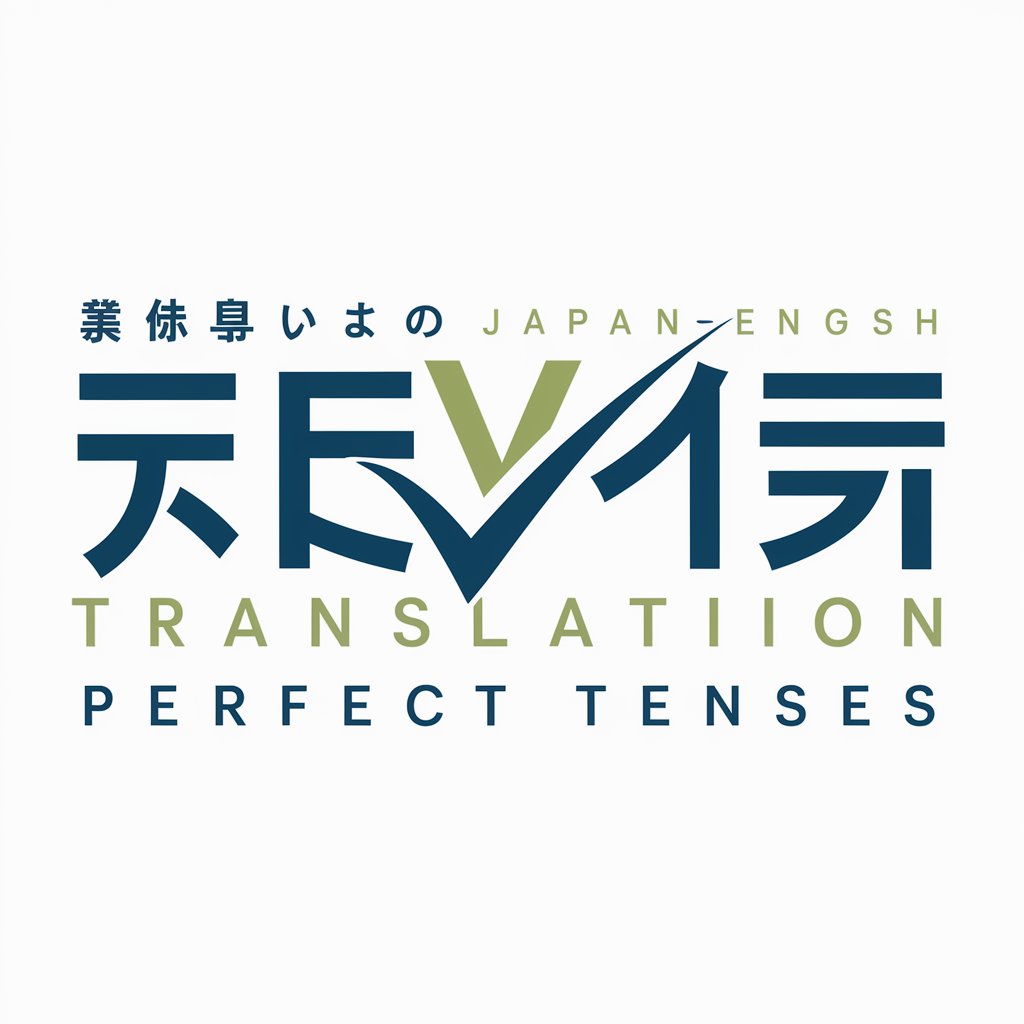
Detailed Q&A about 能源学人科研助手(文章版)
What types of academic services does 能源学人科研助手(文章版) offer?
The tool provides various services including academic translation, proofreading, keyword recommendation, journal submission suggestions, and assistance in drafting academic paper outlines and summaries.
Can 能源学人科研助手(文章版) help with academic paper submissions?
Yes, the tool offers journal submission suggestions by analyzing your paper’s title and abstract to recommend the most suitable journals, considering factors such as scope and impact factor.
Is the 能源学人科研助手(文章版) suitable for non-academic texts?
The tool is specifically designed for academic texts, focusing on scholarly articles, research papers, and scientific communications rather than general content or non-academic writing.
How does the 能源学人科研助手(文章版) handle different languages?
It supports both Chinese and English languages, offering translation and proofreading services to ensure accuracy and linguistic proficiency in academic writing.
What makes 能源学人科研助手(文章版) different from other academic tools?
This tool is AI-powered and specifically tailored for energy-related academic disciplines, providing specialized support and insights into the latest trends and technologies in the field of energy studies.

